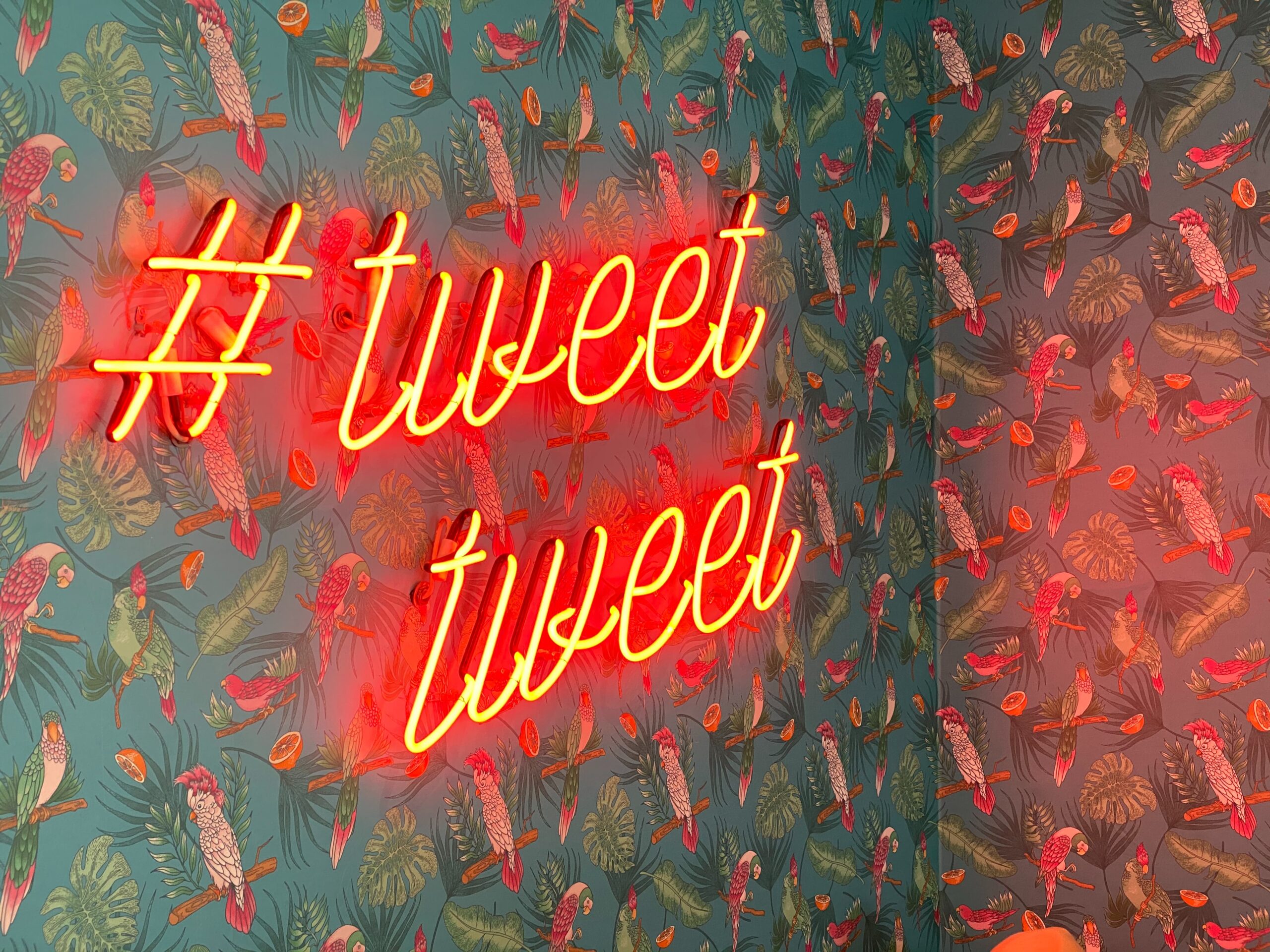
Image: Unsplash
Charlotte Rawlings explores four times journalists took on the Twitter trolls.
The classic advice given to children is to “turn the other cheek” if someone is bothering them: Don’t give people the satisfaction of a reaction. But life online means abuse has found a home in people’s very own notifications and it soon becomes hard to ignore. Journalism especially invites a world of criticism and although social media gives journalists more exposure, it comes at a price. Nadine White, former journalist for HuffPost and current race correspondent for The Independent, received a wave of online hate at the beginning of this year when Kemi Badenoch, Treasury and Equalities Minister, tweeted an eight-part thread calling White “creepy and bizarre” for asking questions about a coronavirus vaccine video.
I also received nuisance calls, insults via email as well as abuse on Twitter and Instagram. All now, no apology and her 8-part thread remains published. pic.twitter.com/kBWzBgc4hp
— Nadine White (@Nadine_Writes) March 31, 2021
When journalists like White are publicly attacked for simply doing their jobs it becomes too tempting to respond to the trolling. Here are some of the best moments where journalists on Twitter felt turning the other cheek just wasn’t going to cut it and hit back with some withering one-liners.
I’m not trying to kinkshame, but these kinds of thoughts should really stay between you and your chosen god. https://t.co/UISsx1BFwe
— Ash Sarkar (@AyoCaesar) March 22, 2021
Ash Sarkar
Ash Sarkar is the queen of Twitter comebacks. Rarely a day goes by when Sarkar hasn’t responded to trolling. Here, she’s replying to an account who accused her of giving Jeremy Vine sexual favours in exchange for publicity. Because, according to these people, a woman couldn’t possibly find success through her own intelligence.
Sarkar insinuating that this troll is having strange fantasies about her and Vine is the perfect example of how the negativity spouted online is a reflection of the hater and their prejudices, rather than the victim. In this case, the opportunity to embarrass the troll by drawing attention to the creepiness of his own insult was priceless.
certainly will be when lockdown ends 😈 https://t.co/vXTl0tMSOd
— Owen Jones 🌹 (@OwenJones84) March 15, 2021
Owen Jones
Whether it’s for his political views or his sexuality, The Guardian’s left-wing columnist Owen Jones also receives unjustified hate online. In response to a selfie he had posted showcasing his lockdown hair, an account told him that he was a “Sinner” – presumably a homophobic comment fuelled by religious conservatism. As Jones displays, sometimes it’s easier to poke fun at the absurdity of these beliefs, instead of dignifying the tweet with a serious response. The original tweet has since been deleted.
You’re SO close to understanding the argument. Curtailing the movement of half the population would be horrific. I agree. Keep thinking. https://t.co/NVSgGZpecb
— Caitlin Moran (@caitlinmoran) March 17, 2021
Caitlin Moran
After Sarah Everard’s death in March, Caitlin Moran’s article for The Times about a men’s curfew caused some controversy. When someone argued how terrible it would be to limit men’s freedom in this way, Moran cleverly used this criticism to prove her article’s point.
Moran argues women are already living under a curfew caused by fears of being attacked. The outrage felt over a men’s curfew – like what Moran is responding to here – demonstrates how things need to change to make it safer for everyone, so that no one’s liberty is restricted.
It’s only fair for readers to criticise a journalist’s work if they don’t agree with them. But when something as non-negotiable as women’s rights is being debated, Moran did the right thing by defending her stance.
my criminal record rn says otherwise https://t.co/QAnWKDoNj1
— Ben Smoke (@bencsmoke) January 31, 2021
Ben Smoke
Huck’s politics editor Ben Smoke is a member of the Stansted 15, a group that took action to stop a deportation flight in 2017. Smoke had been open on Twitter about trying to appeal the charges against them. In January this year, Smoke announced the appeal was successful, and received this response from one user who was clearly disappointed Smoke hadn’t been locked up. Maybe it’s best we leave legal judgement to the professionals.















